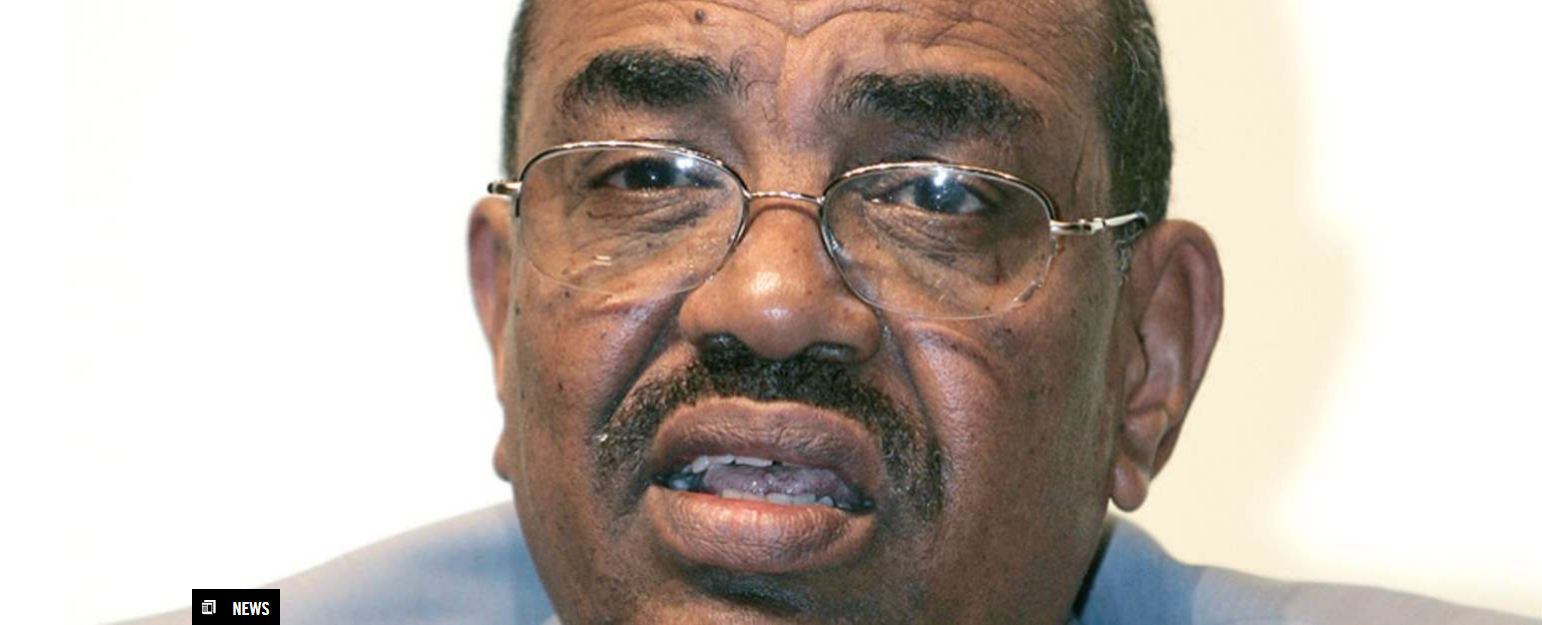Spokespeople available for comment
Former Sudanese president Omar al-Bashir must face justice for crimes under international law, including genocide, crimes against humanity and war crimes, that he allegedly committed in Darfur while in power, Amnesty International said ahead of the start of his trial on corruption charges on 18 August in Khartoum.
Al-Bashir, who was deposed from power four months ago following sustained protests against his 30-year rule, will be charged with possessing foreign currency, corruption and receiving gifts illegally. On May 13, Al-Bashir was also charged with incitement and involvement in the killing of protesters.
“While this trial is a positive step towards accountability for some of his alleged crimes, he remains wanted for heinous crimes committed against the Sudanese people,” said Amnesty International’s Director for East Africa, the Horn and the Great Lakes, Joan Nyanyuki.
“The Sudanese authorities must hand al-Bashir over to the International Criminal Court to answer charges of genocide, war crimes and crimes against humanity. Omar al-Bashir has evaded justice for far too long as the victims of horrific crimes still wait for justice and reparations more than a decade since the ICC issued the first warrant for his arrest.
“As military leaders edge closer to inking a long-awaited political agreement with the opposition coalition, the country’s new leadership must urgently ratify the Rome Statute of the International Criminal Court, which the country signed in 2000, and cooperate fully with the court.”
Background:
The Sudanese military overthrew and detained Omar al-Bashir on 11 April 2019, after 16 weeks of street protests against his rule.
Al-Bashir, who had ruled Sudan for 30 years, is one of the ICC longest-running indictee. The Court has issued two arrest warrants for the former Sudanese leader – the first on 4 March 2009 and the second on 12 July 2010. He stands accused of criminal responsibility for war crimes, crimes against humanity and genocide following the killing, maiming, and torture of hundreds of thousands of people in the Sudanese region of Darfur.
In 2016, an Amnesty International investigation gathered evidence of the repeated use of what were believed to be chemical weapons used against civilians, including very young children, by Sudanese government forces in Jebel Marra region of Darfur. The scale of these attacks, which may also amount to war crimes, rivals those previously investigated by the ICC Prosecutor.






















